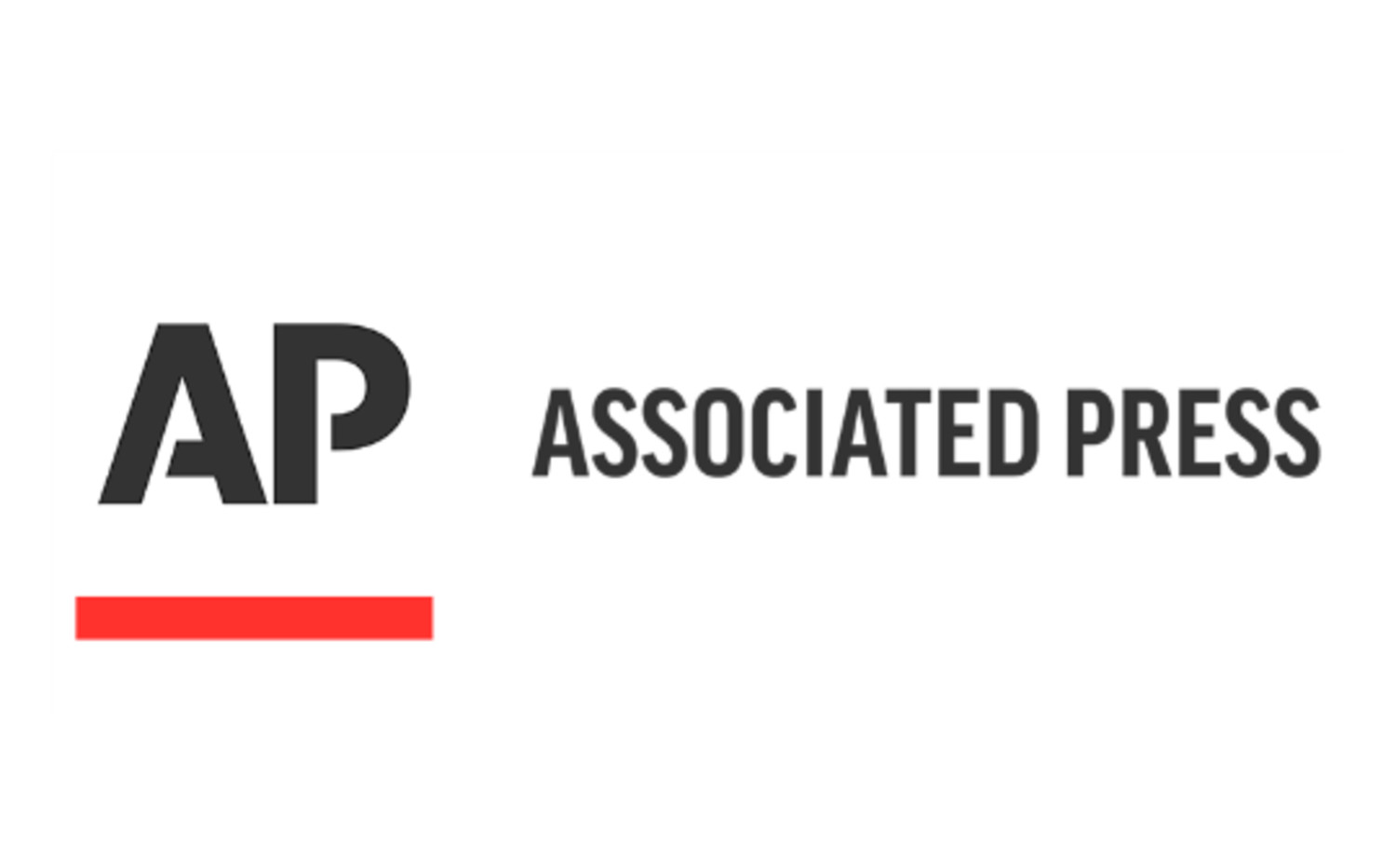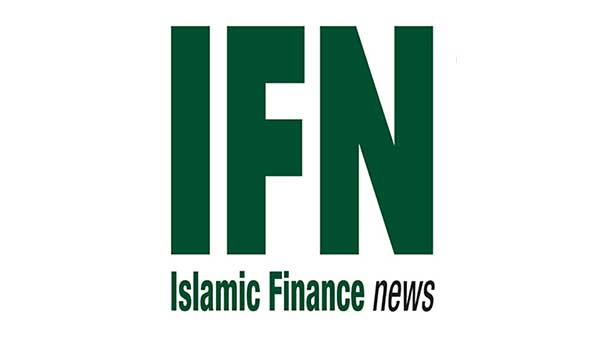How big is Islamic Finance?
Islamic Finance used to be a term people were not familiar with, however, that is no longer the case. As of 2020, the value of all global Islamic financial assets amounts to ~$3 trillion and has been growing at a CAGR of 10-12%. This asset growth is considerably higher than non Islamic financial assets and is a testament to the strong global consumer and regulatory push towards Islamic finance.
Islamic financial assets are distributed in a variety of asset classes (e.g. Banking, Sukuk, Funds and Takaful) however it is largely concentrated in the Islamic banking sector. As of 2020, the Islamic Banking sector holds ~$2 trillion in assets while Takaful (halal insurance) only holds $51 billion in assets (~0.025x). This is a stark contrast to the US asset base where banking has ~$26 trillion in assets and insurance has ~$10 trillion (0.4x). This is also seen in the bond market where bond asset value is ~2x the value of bank assets in the US versus ~0.25x in Islamic financial market (Sukuk). This suggests that the Islamic financial market is far less developed and has significant room to grow because of the underdevelopment of its asset base. Given that the Islamic financial market is already worth $3 trillion, the fact it still has significant room to grow means that Islamic finance will make up a significant part of the global asset base.
There are several factors which are causing the sustained rapid growth of Islamic finance. These factors outlined below will remain to be strong drivers in the near future.
Demographic:
The Muslim population comprises half of the under 34-year-old global population and Islam is the fastest growing religion both globally and in the US. This will lead to total Islamic asset holdings to increase given the increase in population. This should also be compounded by the fact that the existing muslim population will see its asset base multiply given rapid economic development in muslim majority countries.
Technological:
The significant increase in mobile and internet penetration rates are allowing greater access and information about financial products. This is especially true when considering the increased access to Islamic financial technology platforms such as Fardows.
Innovation:
The creation of new shariah compliant (halal) financial products such as Sukuks has increased the amount of financial products available. This will expand the amount of assets in the Islamic financial market as Muslims will no longer have to use non Islamic financial products to meet their needs.
Regulatory:
The establishment of international Shariah boards has led to the growth of widely accepted Islamic compliant certifications for financial products. This creates confidence in the consumer market that the new Islamic financial instruments e.g. Sukuks are in fact halal, increasing their use.
Consumer trends:
The increased demand for socially responsible investing has led to more demand for Islamic financial assets. Consumers are increasingly adopting ESG based investments as income and investment options increase. Given Islamic finance’s focus on socially responsible investments, there is an increasing number of non-muslims who are investing in Islamic financial assets.
Fardows structures all its financial products using these Islamic financial instruments and has its esteemed Shariah board make sure its products are halal. If you have any questions about these Islamic financial instruments and how they could benefit you for e.g. a halal mortgage, halal loan or halal checking account, contact us!
Source:
Refinitiv



